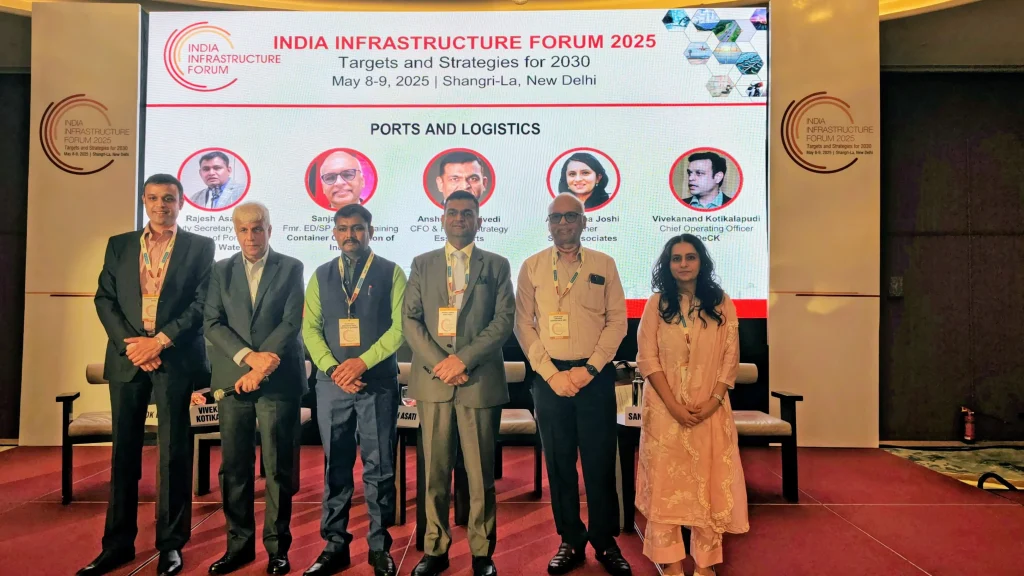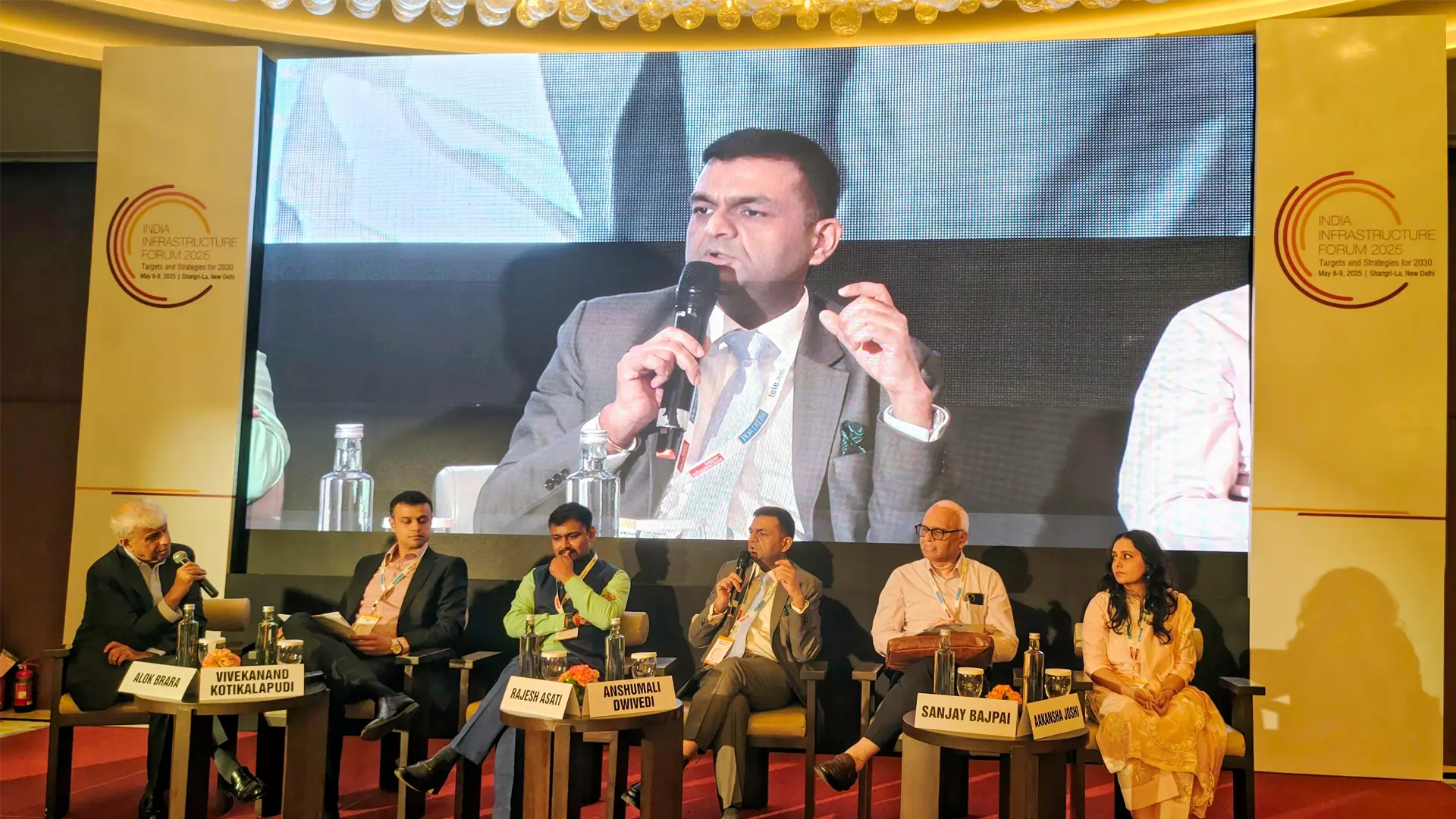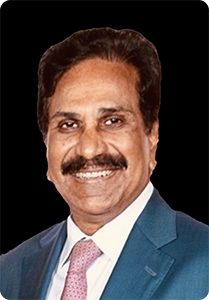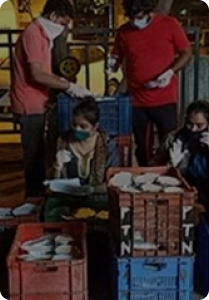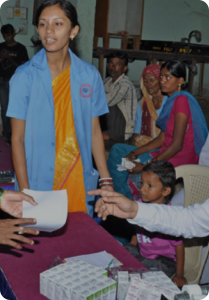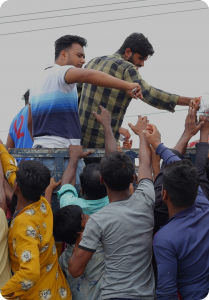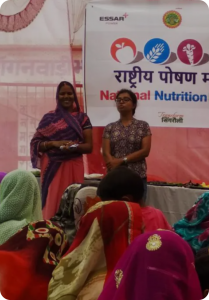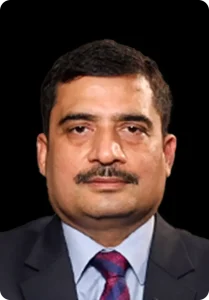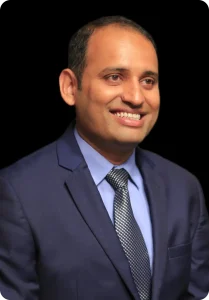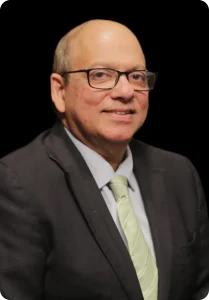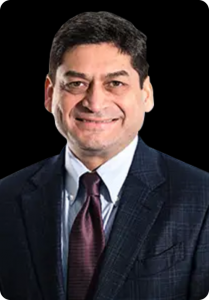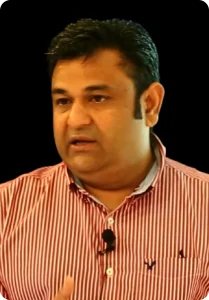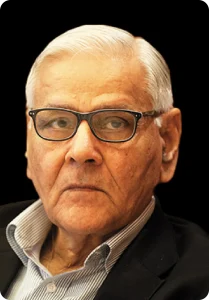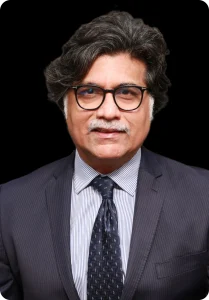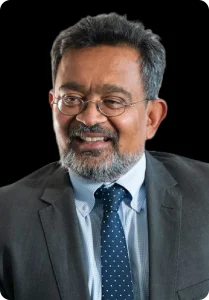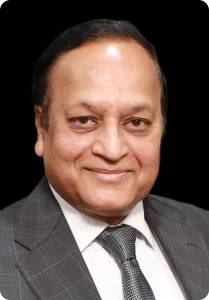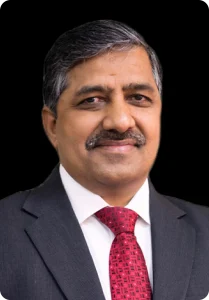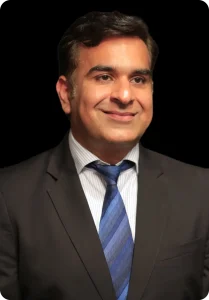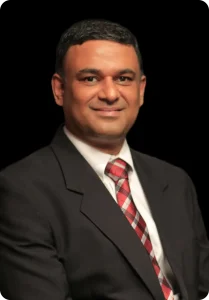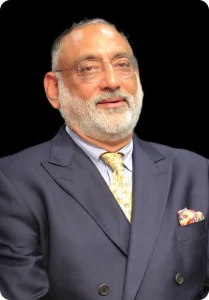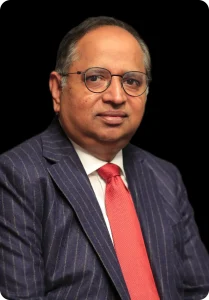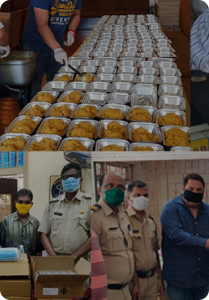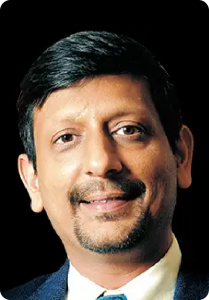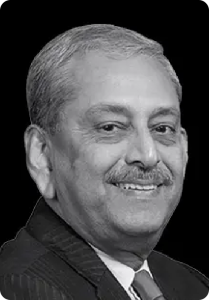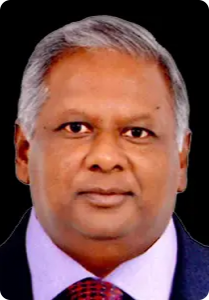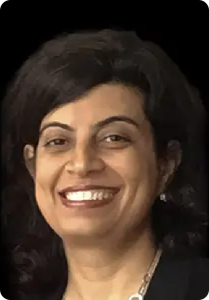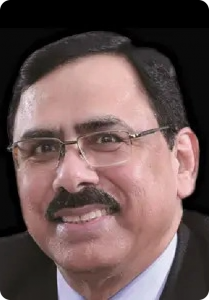Essar Ports recently participated in the India Infrastructure Forum 2025, organised by India Infrastructure, to discuss sectoral targets and strategies for the next five years leading up to 2030. The event, held at Shangri-La, New Delhi on May 8–9, 2025, brought together leaders from across the infrastructure spectrum to explore opportunities, address challenges, propose actionable solutions, and identify key areas for collaboration between government and industry.
Anshumali Dwivedi, CFO & Head of Strategy, Essar Ports, was part of an insightful panel on “Ports and Logistics in India.” The panel also featured distinguished speakers such as Rajesh Asati, Deputy Secretary (Ports), Ministry of Ports, Shipping and Waterways; Sanjay Bajpai, former Executive Director/SP, C, DL & Training, Container Corporation of India; Vivekanand, Chief Operating Officer, iDeCK; and Aakanksha Joshi, Partner, S&R Associates.
Anshumali contributed meaningfully to the discussion by sharing his perspective on the evolving logistics infrastructure and port-led development landscape in India. He emphasised the crucial role of capital investment, stating that upfront expenditure on high-quality infrastructure significantly reduces long-term operational costs and enhances overall logistics efficiency. Drawing from Essar’s history of building high quality assets, he asserted that Essar Ports is going to grow back to being a domestic port and logistics infrastructure player. He highlighted the importance of healthy competition in the industry, so that more domestic players can contribute towards meeting future growth targets—especially in light of major government initiatives such as the Vadhavan port and other planned mega ports with capacities exceeding 300 million tonnes.
Highlighting the current dominance of international players in the ports and logistics sector, he stressed the need for greater domestic participation. He and the Dy. Secretary of Government of India agreed that there is need to create domestic players who can grow internationally as well. He highlighted that Essar owns and operates the largest liquid terminal in the UK.
Anshumali outlined Essar Ports’ strategy to re-establish a strong presence in the sector by building a dynamic team and expanding into inland logistics. As a case in point, he spoke about the company’s ongoing railway connectivity project at Salaya port in Gujarat, near Jamnagar. Under the PM Gati Shakti initiative, Essar Ports is developing a 16-kilometre railway spur line connecting the port to Khambaliya station, which will further link to the Western Dedicated Freight Corridor.
Essar Ports’ active engagement reflects its commitment to strengthening India’s logistics ecosystem through infrastructure development, strategic partnerships, and operational excellence. Anshumali also advocated for streamlined policy implementation, improved local coordination, especially for land acquisition, and greater access to capital as critical enablers for accelerating project execution. These efforts, he noted, are essential to achieving India’s ambitious 10,000 million tonne port capacity target and enabling long-term economic growth.
